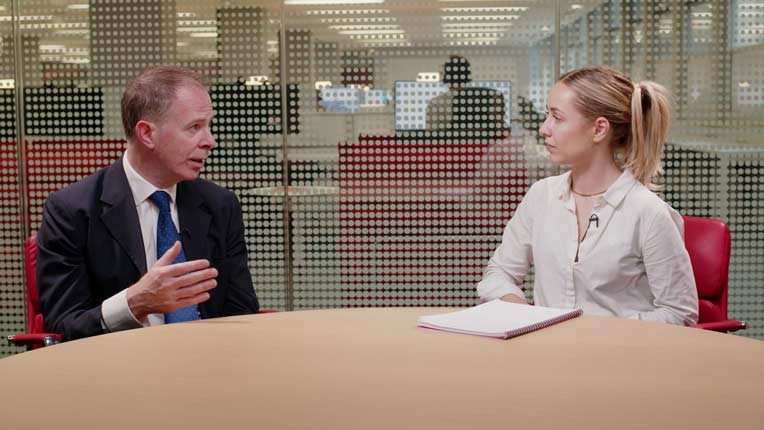This article is part of Morningstar's "Perspectives" series, written by third-party contributors. Here, Rowan Dartington Signature’s Guy Stephens discusses market behaviour and the likelihood of a correction to put investor fears to rest.
The clamour of doomsayers is becoming quite deafening as the markets refuse to sell off and investors continue to discount the unexpected in a matter of hours. Last week was a classic illustration of this once again. Out of the blue, in very thin markets, the largest Portugese bank, Banco Espirito Santo, announced it was in serious trouble and potentially needed a bail-out.
It was global news and affected world markets for around four hours as investors took time to rationalise the circumstances around the event. There was a little more meat in the story for the headline writers in that several bond issues from other peripheral European states were cancelled as yields spiralled and demand dried up. It felt like an echo of the European banking crisis and then everyone remembered what happened in Cyprus and that Draghi was still there with his pledge ‘to do whatever it takes’. It is now viewed as an isolated story of last week, wrapped up in a family run business and is no threat to the euro.
This type of market behaviour is causing all kinds of hand-wringing and speculation. The chartists are having a field-day with their double-top and triple-top theories. The behavioural scientists are recalling how just this type of insensitivity was a pre-cursor to one of the biggest threats to our economic system in recent times in the form of the credit crisis and that we should all run for the hills. However, the behaviour of the investor is actually quite rational.
Firstly, the available alternatives to equities require a lot of fear to re-emerge before they become attractive. The perceived opportunity cost of selling the equity market is high and this is why events that would have caused mayhem two or three years ago are currently causing just a temporary ripple. Secondly, there is strong resistance to the FTSE-100 breaking through 6,930, the previous high first set at the peak of the technology bubble in December 1999. The market halved from this level by March 2003 and then recovered to within a whisker of it in 2007, only to then halve again as the credit crisis hit.
Since 2007 we have recovered once more and it feels very uncomfortable as a result, having twice previously been the pre-cursor to something really nasty.
Psychologically, this is quite similar to the investor psyche of the 1990s when the crash of 1987 was recovered in two years but then took another two before breaking through into new territory. Interestingly, during that period before new highs were established, the market had three attempts at breaking new ground from which it failed, suffered a correction and then the long run of the Nineties began in earnest with new highs a common feature, interspersed with consolidations and corrections.
So where do we go from here? If we get a correction, it will have to take a significant event to bring it about due to the lack of selling appetite and the opportunity cost in doing so. Some hawkish comments from the Fed would do it, or some worrying inflation data, but none of this seems likely at the moment.
Exceptionally strong earnings releases or wage growth would bring forward increases in interest rates but again, this seems unlikely. Perhaps, it will indeed be difficult to break through until there has been a correction so that that box can be ticked. But if it does happen, the buyers will come in quickly.
There is a real chance of a capitulation bear squeeze where the bears throw in the towel and buy a rising market as the opportunity costs become too much to pay. If that happens, then hopefully the investor will get used to living in uncharted territory and making gains above historic highs on a regular basis without living in fear. This will then indeed be a new era where the historic chartist ghosts can be put to rest.
Morningstar Disclaimer
The views contained herein are those of the author(s) and not necessarily those of Morningstar. If you are interested in Morningstar featuring your content on our website, please email submissions to UKEditorial@morningstar.com.




























